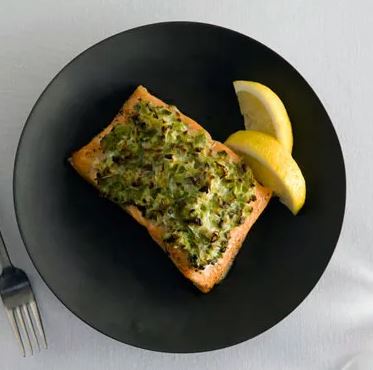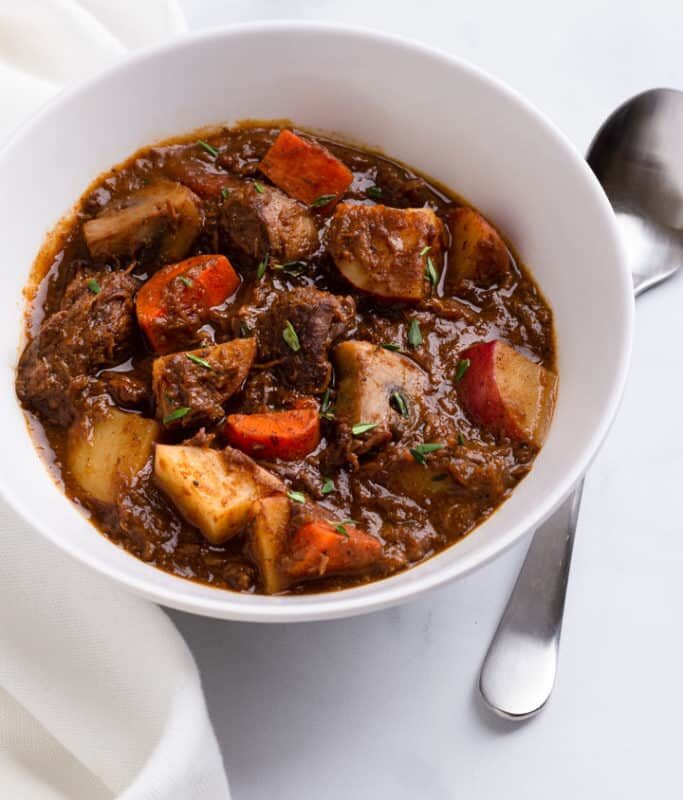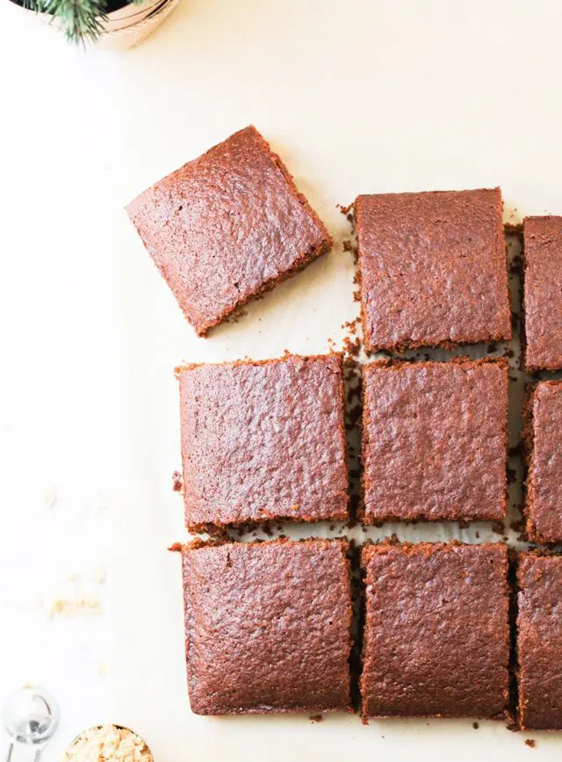Cancer Diet & Nutrition Tips
The team at Comprehensive Cancer Centers understands that it may find it difficult to keep healthy eating habits as you receive cancer treatments, especially if you experience loss of appetite, depression, anxiety, emotional stress, or chemical changes caused by your cancer.
However, the food you eat can provide your body with nutrients necessary for cellular growth, repair and maintenance. You can prevent weight loss and malnutrition by eating the right amounts of food rich in calories, protein, vitamins, and minerals. Your doctor, nurses, and/or a registered dietitian can help you identify your nutrition goals.
Eat the Rainbow
A good rule of thumb is to “eat the rainbow.” Foods, fruits and vegetables that come in a variety of colors, like those of the rainbow, are important in helping fight cancer. They contain many active ingredients like Allyl Sulfides to help destroy cancer cells, antioxidants which protect your cells against free radicals, Beta-Carotene to help keep the immune system strong and Vitamin C to detoxify your body of harmful substances.
Click here to download this guideline of foods that you should eat.
Proteins
Protein supports growth, to repair body tissue, and keeps immune systems healthy. When your body doesn’t get enough protein, it breaks down the muscle to get the fuel it needs. This makes for longer recovery times and can lower resistance to infection. People with cancer often need more protein than usual. After surgery, chemotherapy, or radiation therapy, extra protein is usually needed to heal tissues and help fight infection.
Good sources of protein include fish, poultry, lean red meat, eggs, low-fat dairy products, nuts and nut butters, dried beans, peas and lentils, and soy foods.
Fats
Fats play an important role in nutrition. Fats and oils are made of fatty acids and serve as a rich source of energy for the body. The body breaks down fats and uses them to store energy, insulate body tissues, and transport some types of vitamins through the blood.
Some fats are better for you than others, so it’s important to choose monounsaturated and polyunsaturated fats more often than saturated fats or trans fats.
Good Fats:
- Monounsaturated fats are found in vegetable oils like olive, canola, and peanut oils.
- Polyunsaturated fats are found in vegetable oils like safflower, sunflower, corn, and flaxseed. They are also the main fats found in seafood.
Bad Fats:
- Saturated fats are mainly found in animal sources like meat and poultry, whole or reduced-fat milk, cheese, and butter. Some vegetable oils like coconut, palm kernel oil, and palm oil are saturated. Saturated fats can raise cholesterol and increase your risk for heart disease.
- Trans-fatty acids are formed when vegetable oils are processed into margarine or shortening. Sources of trans fats include snack foods and baked goods made with partially hydrogenated vegetable oil or vegetable shortening. Trans fats also are found naturally in some animal products, like dairy products. Trans fats can raise bad cholesterol and lower good cholesterol; try to eliminate them from your diet.
Carbohydrates
Carbohydrates are the body’s major source of energy. Carbohydrates give the body the fuel it needs for physical activity and proper organ function. The best sources of carbohydrates include fruits, vegetables, and whole grains.
Water
Water and liquids are vital to good health. All body cells need water to function. If you do not take in enough fluids or if you lose fluids through vomiting or diarrhea, you can become dehydrated. If this happens, the fluids and minerals that help keep your body working can become dangerously out of balance. You get some water from the foods you eat, but a person should also drink about eight 8-ounce glasses of water each day to be sure that all the body cells get the fluid they need.
The following links provide you with more information regarding diet and nutrition. All content is for information only and does not constitute medical advice. Please consult your physician before acting or relying upon such information.
US Oncology, How Diet & Exercise Help You Fight Cancer
American Cancer Society, Nutrition for Cancer Patients
National Cancer Institute, Eating Hints for Cancer Patients
If you are currently receiving treatment or you are having difficulty swallowing as a result of surgery, radiation, chemotherapy, diminished saliva or other conditions, Down Easy: A cookbook for those with swallowing difficulties has 175 step-by-step recipes with detailed instructions for preparing them. The recipes have been carefully crafted for those suffering from degenerative disease swallowing problems but are rich in flavor for the whole family to enjoy. This cookbook was written by a caregiver for a CCCN patient.
Please note: The US Oncology Network provides administrative and management services to the medical practice discussed on this website. The US Oncology Network does not own medical practices or provide medical services, nor does it employ physicians or nurses or participate in decisions regarding patient care.














